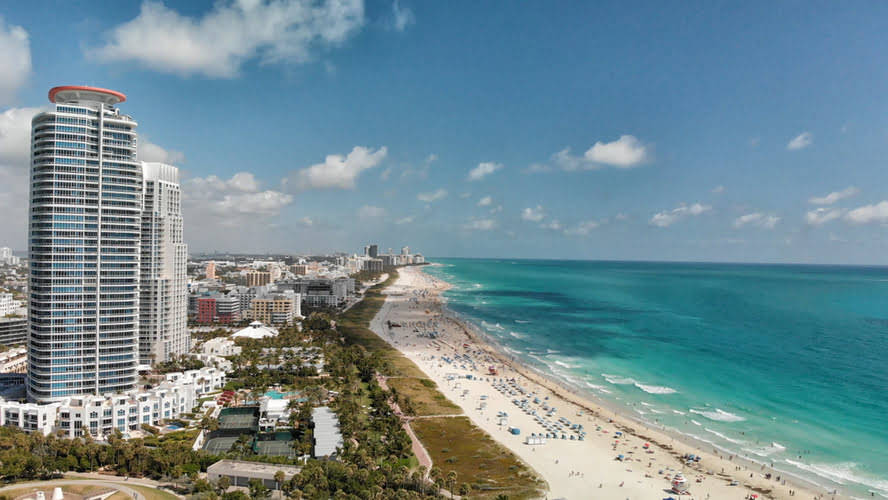
This budgeting not only meets customer demand but also strategically uses Law Firm Accounts Receivable Management resources to maximize revenue. Such specific allocation aids in precise budget management, enhancing service delivery and customer satisfaction. Utilizing technology, like specialized budgeting software, can further streamline this process by providing automated insights and forecasts, ultimately supporting more strategic financial planning. To maintain efficiency, tourism managers may regularly conduct budget reviews to adjust allocations based on trends and feedback, ensuring alignment with the current market and organizational goals.
Competition and Industry Benchmarks
By submitting your contact details, you agreed to receive the newsletter from revenueyourhotel.com and you agree about the Terms of Condition and Privacy Policy. If you treat your contingency fund as an expense, you’ll be prepared for unexpected expenses. contribution margin Embracing technology not only saves time but also enhances the accuracy of your forecasts.
Common Challenges in Hotel Budgeting and Forecasting
Analyzing historical data is one of the most effective ways to generate accurate hotel forecasts. The master budget integrates all functional area budgets into one cohesive document. It typically includes income statements, balance sheets, and cash flow projections. The master budget provides an overall view of the hotel’s financial health, allowing management to align departmental objectives with companywide goals.
- Interestingly, hoteliers mentioned that they would allocate a smaller portion of their budget to staff training and recruitment, indicating a shift towards investing in newer skills like SEO.
- Collaborating with team leaders, utilizing technology tips, creating an annual staffing guide, and securing group room blocks supports effective marketing budgeting and revenue management strategies.
- This means looking at the hotel category, size, and type to set a financial budget that works.
- It is an essential tool that should not be overlooked or underestimated in the hotel industry.
- Instead of sticking to an annual budget, hotels are now creating several budgets throughout the year.
Cost Predictions

Factors to consider include historical data, financial performance, market trends, and demand calendar. Analyzing financial results, performance metrics, and expenses helps in making informed decisions for financial health. Hotel tech tools like Siteminder, HotStats, and HotelIQ can streamline budgeting and enhance business intelligence. The capital budget focuses on long-term investments aimed at improving the hotel’s physical assets, such as renovations, technology upgrades, and property enhancements.
- A plan created during the budget season helps hotels stay on track financially, avoid overspending, and maximize revenue.
- Other than RevPAR, GOPAR is also a KPI term used generally as a part of revenue management.
- Budgets should be closely monitored and adjusted regularly to compare your results against projections and ensure you’re meeting your strategic goals.
- ADR is the average revenue earned for a room per day and RevPAR is the hotel’s overall revenue per available room (including unsold rooms).
- Monitor cash flow regularly throughout the year to avoid liquidity issues and maintain adequate reserves.
- Revenue management is an essential practice for hotels to optimize income and profitability.
- Remember to include these steps in your business budget planning to create a concrete hospitality budget.
- These systems not only improve accuracy but also allow hotels to respond rapidly to market changes, offering a significant competitive advantage.
- For example, if a hotel expects a slowdown in demand due to seasonal fluctuations or economic downturns, it can adjust its marketing efforts or reduce costs accordingly.
- Hotel industries are always on cliffhangers, not knowing whether they will face a loss or break even.
- External macroeconomic conditions like inflation, interest rates, and global economic health significantly influence hotel performance.
- This method encourages managers to scrutinize and justify every expense.
- If your hotel has been patching a problem for years, it will need to be corrected eventually.
Lund recommends hoteliers reference The Uniform System Of Accounts For The Lodging Industry (USALI) when going through their budgeting and financial planning process. Zero-based budgeting starts from scratch and goes category by category to determine which expenses are essential. This exercise gives everyone involved more visibility into how much each thing costs, which is valuable in case costs need to be cut at some point.
- Creating a budget involves input from various departments within a hotel, such as sales, marketing, finance, and operations.
- If your operating cash flow projection is not high enough to sustain, the hotel will likely need an influx of investment or financing cash.
- Budget planning is also more strategic now, with hotels focusing on cash flow, operating expenditures, and financial management.
- By following a structured budgeting process and staying up-to-date with hotel budget trends, hotels can manage their finances more effectively and ensure long-term success.
- This helps managers better control their financial operations, prevent overspending and identify unexpected costs before they become problematic.
- Embracing technology not only saves time but also enhances the accuracy of your forecasts.
- By incorporating insights from guest feedback into your budgeting and forecasting, you can optimize occupancy rates, improve revenue, and adjust operational costs accordingly.
How do hotels budget for new technology and solutions?
Let’s explore how your hotel can master the art of budgeting and forecasting with tips, strategies, and insights to guide you through each step. Whether it’s an unexpected client dinner hotel budget or last-minute travel changes, staying flexible is key. Keep a contingency fund in place, and track expenses throughout the trip to spot any deviations. If necessary, reallocate funds between categories or reassess certain costs to stay on track.

Related Resources

This comparison enables management to assess the effectiveness of their strategies, identify areas where improvements are needed, and take corrective action if necessary. If housekeeping expenses have been higher in the first and third quarter the past three years, for example, anticipate the same trend next year. Allocate for more expenses in the first of third quarters and look for opportunities to cut costs.
Analyze trends, patterns, and variances between actual and projected figures. The hospitality industry is heavily influenced by seasonal factors such as holidays, peak tourist seasons, and major events. Capturing these fluctuations accurately requires careful consideration of historical trends and external drivers, which can be difficult to account for consistently. Keeping a close eye on your YOY profit and loss variance can help you see a clearer picture of the hotel’s financial success.
Leave a Reply